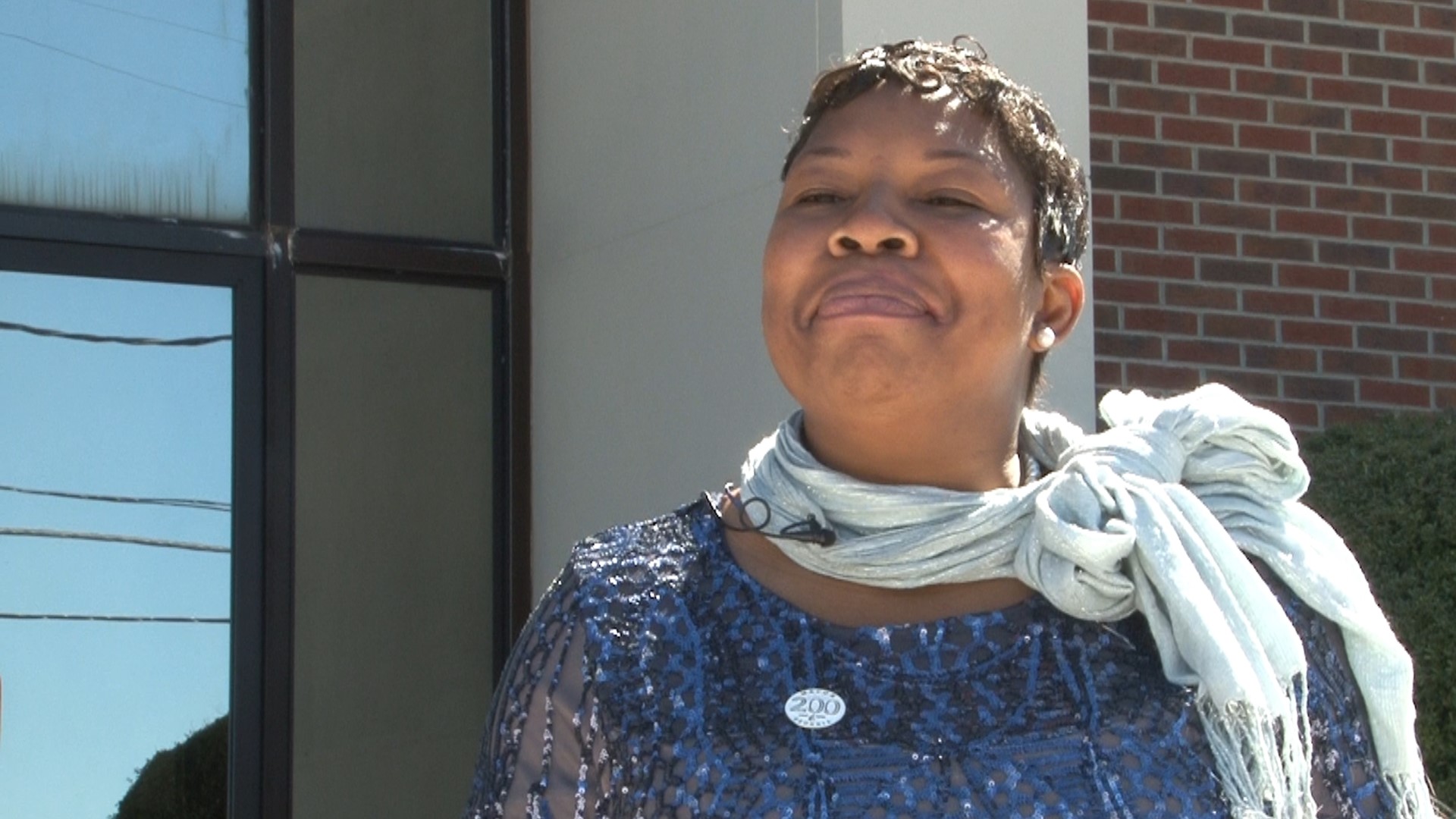MACON, Ga. — Georgia's State Ethics Commission is looking into Macon-Bibb County mayor candidate Shekita Maxwell after she reported an anonymous donation on her most recent campaign contribution disclosure report.
If true, that would be against the state's campaign finance law, according to a deputy director for the ethics commission.
According to Maxwell's report filed April 30, an "anonymous group" gave her $3,000 to "pay election fees." Later in the report, she writes she paid that money to the Macon-Bibb County Board of Elections. It matches the amount required to run for the office of mayor in Macon-Bibb County.
On the phone Wednesday, Maxwell said she didn't know who gave her the money. She says someone came to her parents' house and gave them the money, telling them, "We believe in your daughter. She should run."
Maxwell says she wasn't at the house that day.
"If that's the case, that's not going to fly," Joe Cusack, the state ethics commission's deputy director and general counsel, said.
Maxwell did not specify further on the phone and declined a formal interview — saying 13WMAZ should focus on other issues.
Cusack says anonymous campaign contributions are not allowed, citing Georgia law.
"It's illegal," Cusack said. "Candidates, if they do have an anonymous contribution, are supposed to turn that over to the state treasury."
Cusack says even though Maxwell got the money before she officially qualified to run, she's still bound by state ethics laws. He says the rules are in place so the state knows exactly who is funding campaigns for office.
"In this particular instance, we have someone who has actually paid a qualifying fee for a candidate, and they are anonymous," Cusack said. "If, for some reason that person were elected who took that contribution, we have no idea who they could possibly be beholden to, or who is possibly in their inner circle that is actually paying their expenses."
The ethics commission regularly audits campaign disclosures, Cusack says, but there are thousands of candidates and only about 25 employees in their office. He says in this case, Maxwell will likely receive an official complaint from the ethics commission.
It is possible they would work with Maxwell to fix the filing instead, but Cusack says it looks to be a situation where she would need to pay the money back to the state.
"This is something that is punishable by a civil penalty, and not unusual for candidates to incur a civil penalty for taking an anonymous contribution," Cusack said.
If Maxwell gets a complaint from the ethics commission, she would have 30 days to respond. Cusack says she would have the option to take her case before the commission if she believes extenuating circumstances would allow her to keep the contribution.
Cusack directed questions about the payment's effect on Maxwell's qualification to Secretary of State Brad Raffensperger's office.
His communications director, Robert Sinners, says Maxwell's qualification would likely be unaffected, but if elected, an ethics hearing could impact her ability to hold office.

